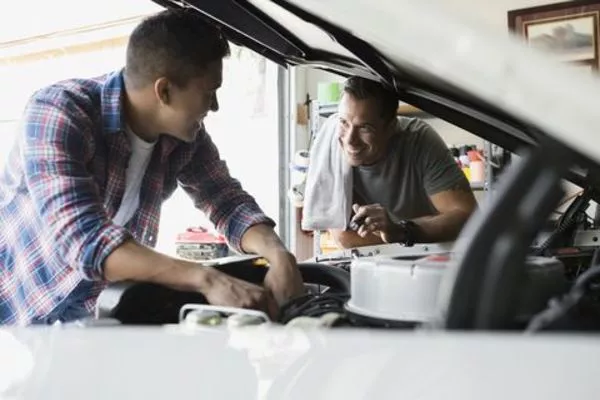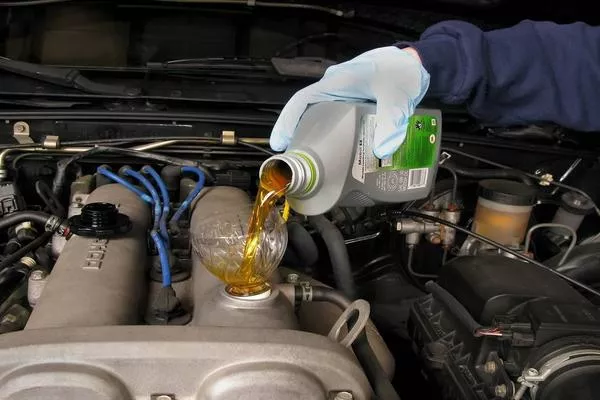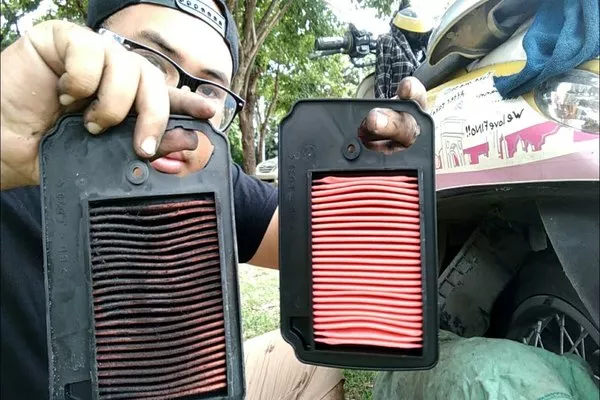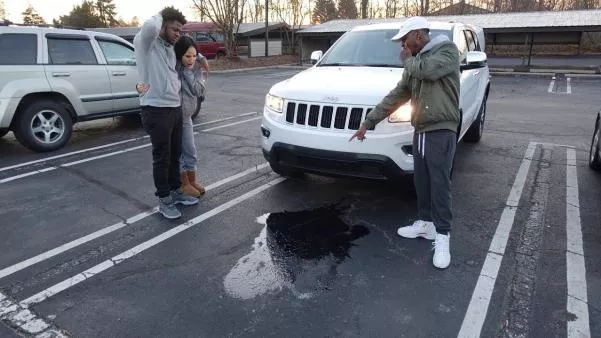Having a car comes with its own pros and cons. Of course, we weigh that there should be more pros than cons to fully convince ourselves that our 4-wheeled vehicle really makes our lives a tad more convenient. A lot of car owners educate themselves the basics of not only driving and rules and regulations of the road but also knowledge about car maintenance as well as troubleshooting tips.
We have tons of these here in Philkotse.com! We know that no one wants to encounter the hassle of a flat tire or a busted suspension while in the midst of a harsh rain, a heavy load of traffic, an emergency or in whatever condition!
That’s why these smart vehicle owners spend the time to do some research about prevention and maintenance regarding their car. They find relevant information about car failure instances from colleagues, friends, fellow car owners, and experts and of course the internet.
They apply it to their own experiences and so build conclusions of their own. But whether these solutions had worked for them or not, every vehicle owner knows that prevention is definitely better than cure; but in this case, repair. This applies especially to extremely important car parts like the engine.

To keep your car running smooth, some DIY maintenance is an integral part of your car health
Maintaining the car engine and keeping it at its best is definitely a task that’s worth doing over and over. If not, time may come when the engine surrenders and the money, time and effort that you could have used to do a quick maintenance check is tripled or more to get the necessary repairs done.
So to help you know what it is you have to look for when conducting a car engine maintenance check, we’ve listed down the most important things to remember. Read on to find out how to properly conduct a DIY maintenance check for best and longer lasting engine performance.
1. Clean Engine Oil Regularly
Have you ever noticed how a car is somehow similar to the human body? Like how the engine is the heart and every other part is connected to it so the whole car can function properly. Well, unlike the human body it doesn’t have parts that actually cleans and repairs itself.
So it is the car owner’s responsibility to clean out the dirt that has accumulated in the oil. Dirt in the engine oil may be fine at first and a car could go by without having to clean it, but it won’t be long before it starts to run down and eventually gives up serving its purpose.
This is where the repair costs come in that can really make a car owner shake his head. This part of the maintenance process shouldn’t be too hard or too expensive to do; until you wait for things to get worse. The engine oil plays a vital role and keeps the engine’s smaller parts lubricated.

Clean oil ensures a smoother drive and less smoke coming out from the exhaust
Imagine an engine running on dirty oil; you can almost hear the grinding of the interior parts. The frequency of changing the engine oil can be different from one car to another. In some cases cars may need the oil change every mileage of 5,000; that’s about 8,000 kilometers.
Speaking of engine oil, make sure to replace the oil filter as well. This keeps dirt from coming back in and out of the delicate parts of the engine. It catches even foreign contaminants and separates it from the clean oil. Replacing the filter every now and then inhibits clogging and ensures maximum engine performance.
2. Check the Cooling System
The cooling system isn’t just composed of one particular part but it’s actually composed of the thermostat, the coolant, the water pump, and the radiator. One can pretty much tell what the cooling system does just from its name, but the question is how do we take care of it?

To prevent the car and the driver from overheating, the cooling system must always be running and in good condition
Start by making sure that there’s ample amount of radiator fluid or coolant in the engine. Checking the coolant is easy, just pop the hood and look for the clear tank with either an orange or green liquid. There should also be a mark on the tank that indicates the maximum capacity as well as the minimum capacity of coolant required. Just make sure that the coolant is in between these two indicators and it should be all good.
The coolant works by going around the engine parts whenever the thermostat detects a part somewhere that’s starting to overheat. The water pump functions as suction so it could pull back the coolant from the engine’s radiator and push it into the engine block. After cooling whichever area, the water pump sends the coolant to the radiator again to cool down.
3. Replace Air Filters When Necessary
Air filters make sure that no foreign contaminant enters the engine. These foreign contaminants could be bugs, pebbles, leaves, sand, dirt and lots of other things that don’t belong inside an engine. Though air filters are made to last a really long time, it doesn’t mean they don’t have to be replaced.
How often the car filter should be replaced greatly depends on the habit of the driver and to what terrain and environment the car usually tread on. Replacing the air filter will help your car “breathe in” fresh air and keep out unnecessary elements from mixing into your vehicle’s system.

What's the use of a cold car when it's dirty air coming in? Make sure to replace old and unkept air filters
4. Check If You Can Smell Leaks
The intense heat in the Philippines is really something that other countries don’t really experience much. This is also something to be worried about when it comes to car engine safety. The extreme heat in our country can weaken the engine hoses of any car. It can also be observed that most interconnected hoses are sealed by rubber or by some particular material that wears down eventually.
And because of the extreme temperature in the country, the wearing process is hastened therefore causing leaks. It won’t be a hard job to notice leaks since the smell of engine fluid can be noticed immediately right after one gets off the vehicle. If the car is parked overnight, the leaking oil may accumulate and catch the car owner’s attention immediately.

A common fluid to leak from your car is actually engine oil
These are the most practical ways to extend your car engine’s lifespan. It’s best to keep a regular car maintenance routine rather than one-time extravagant spend for repairs and replacements. More than aesthetics, most car owners would prefer to care for the car’s performance first; most especially the engine.
Recent posts
- How To Know If Your Car Engine Needs An Overhaul Aug 04, 2020
- 4 Hacks on How to Find Car Air Conditioner Leaks Jul 19, 2018
- 3 things to keep in mind when changing oil for automatic transmission cars Feb 19, 2021
- Spotting 8 Early Symptoms of Engine Problems Jul 05, 2018












